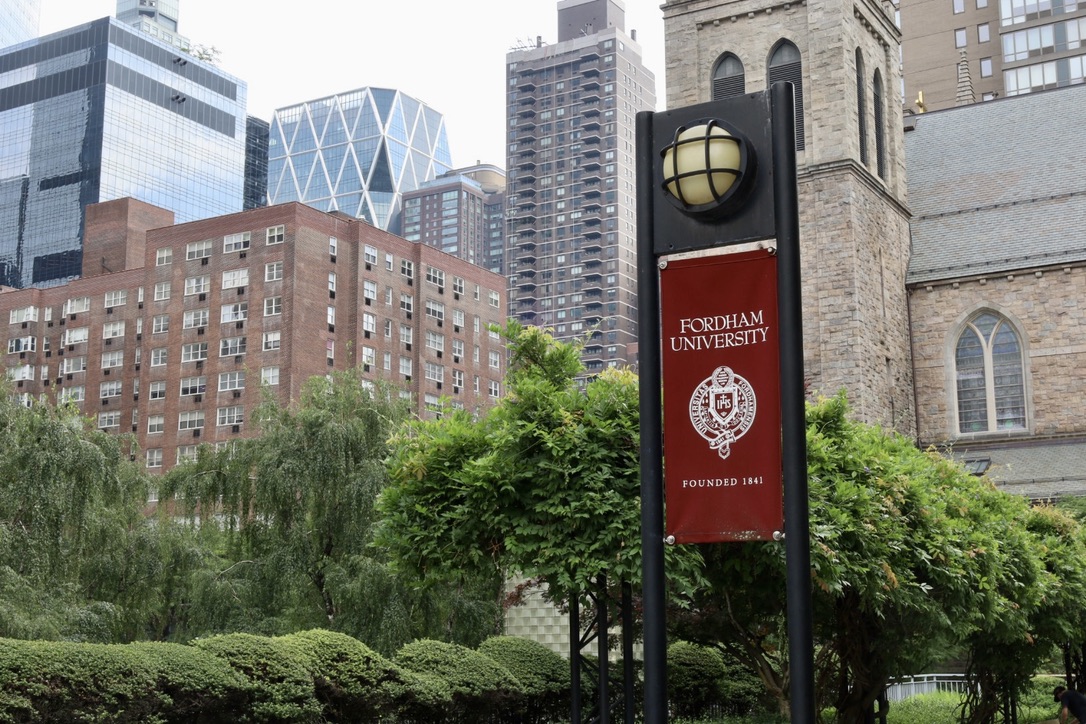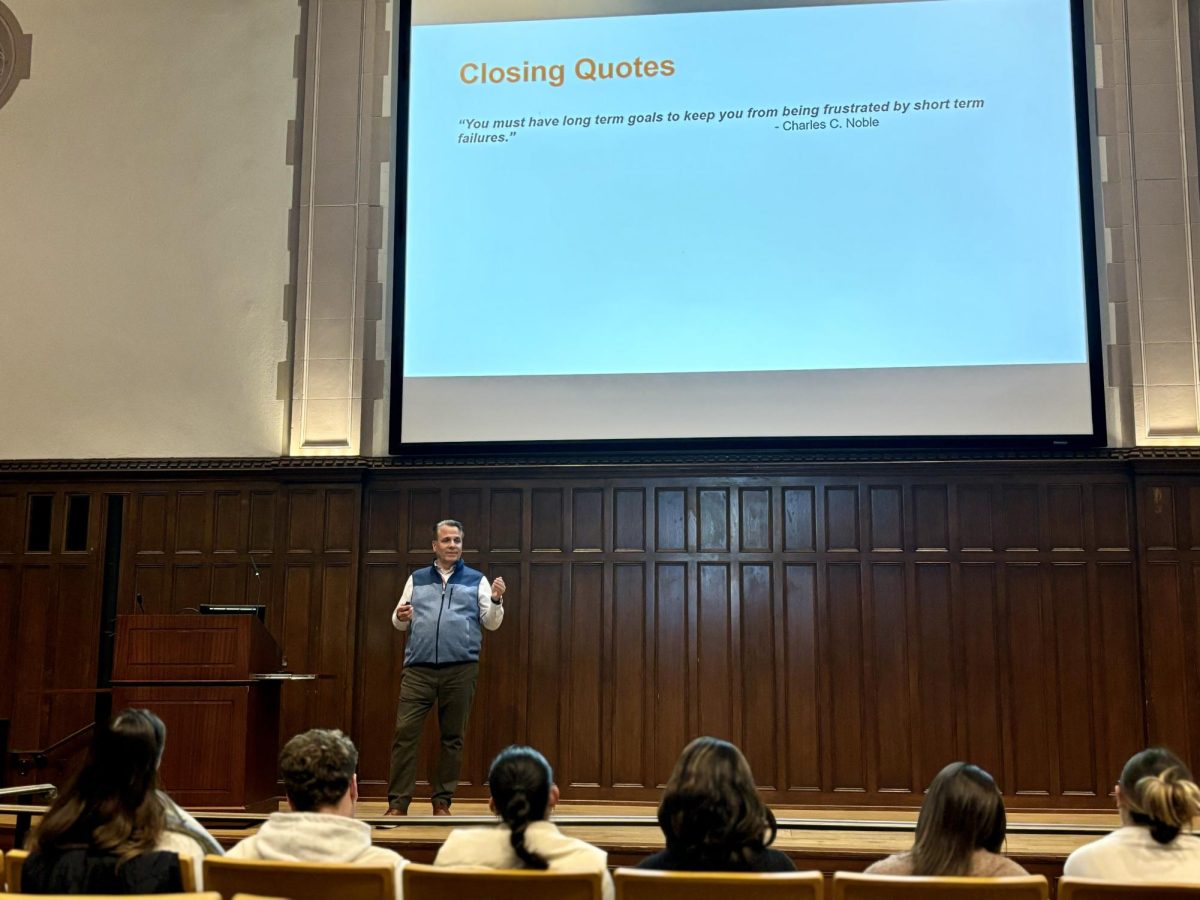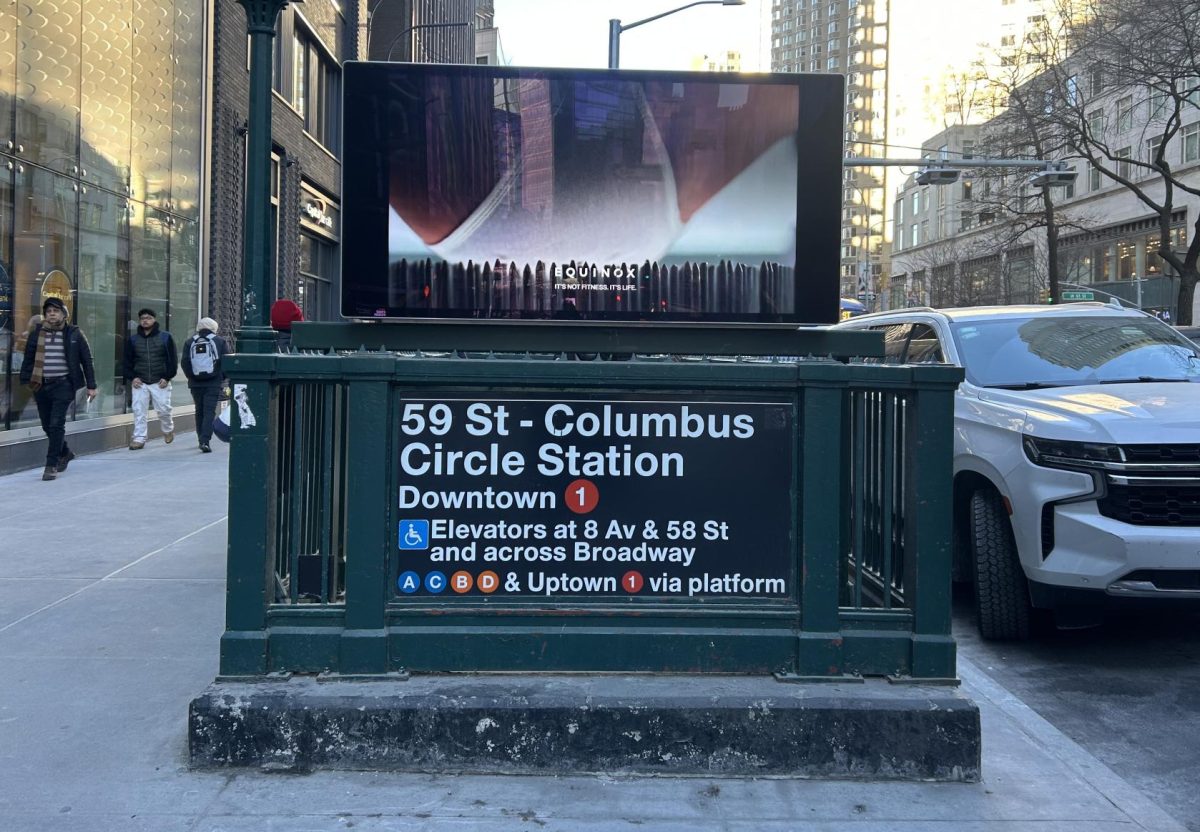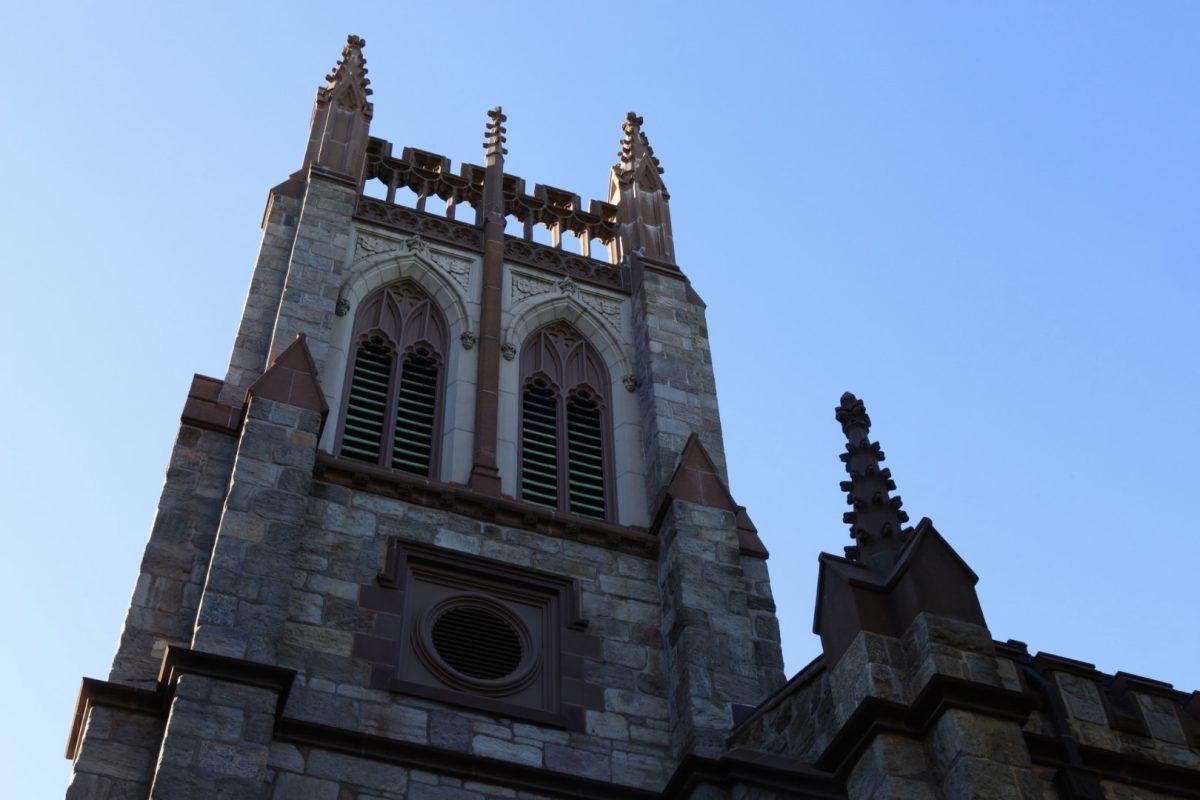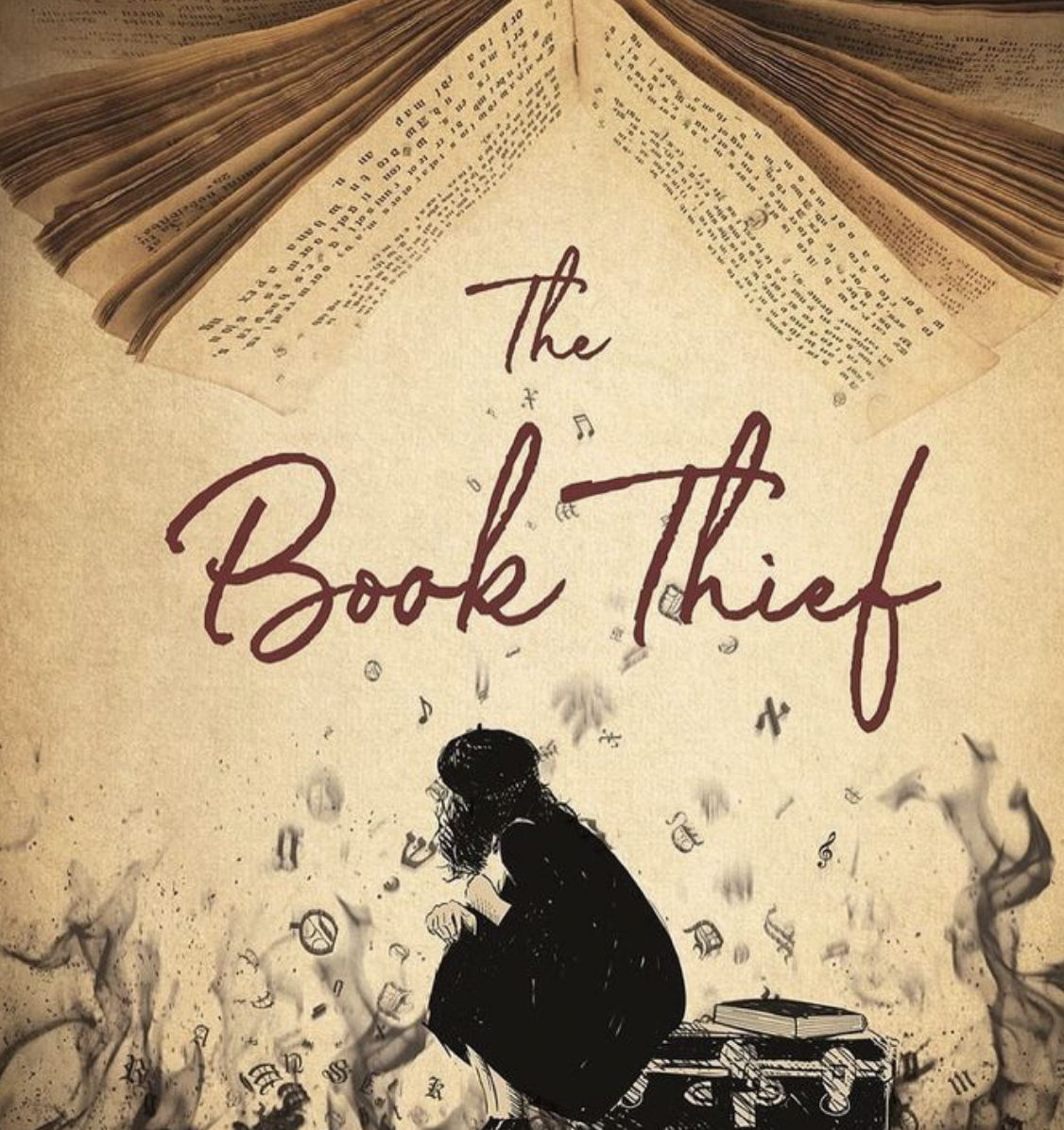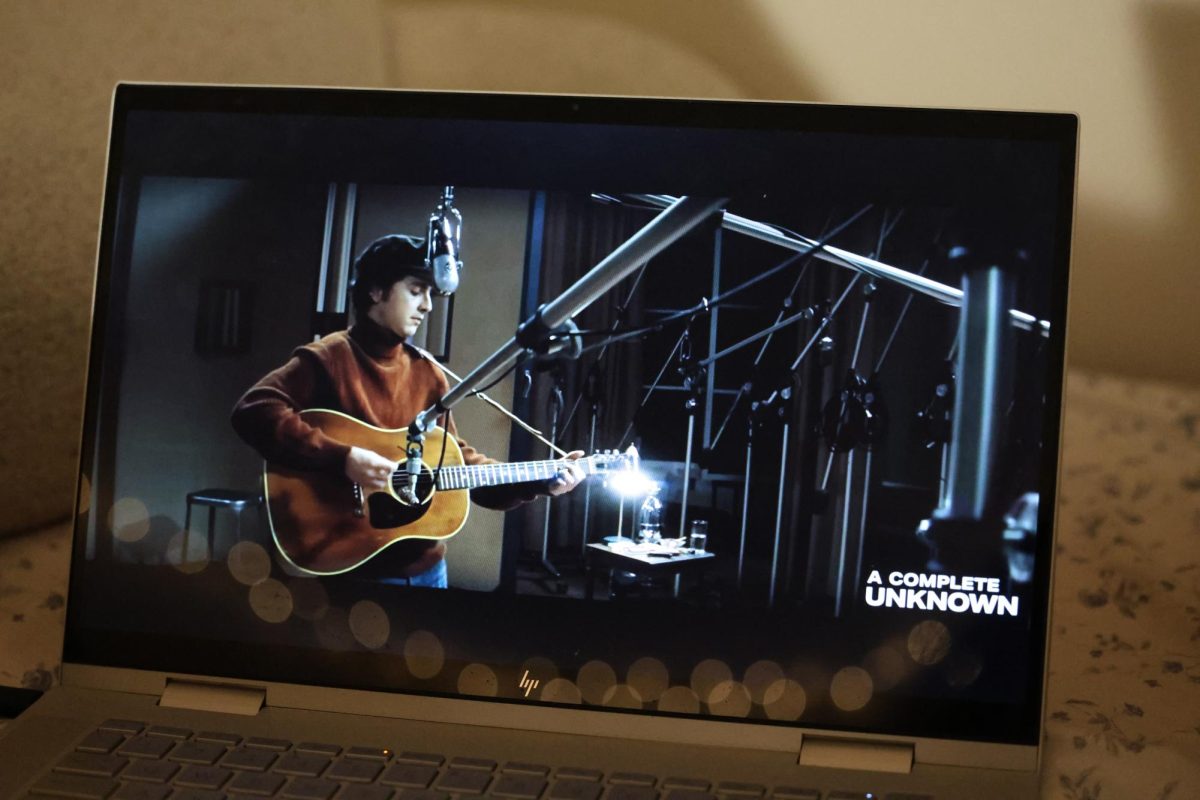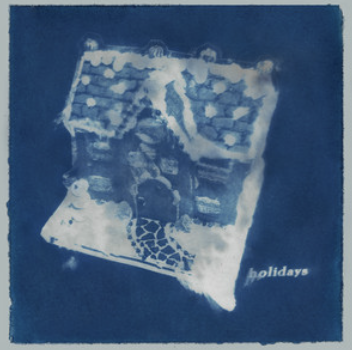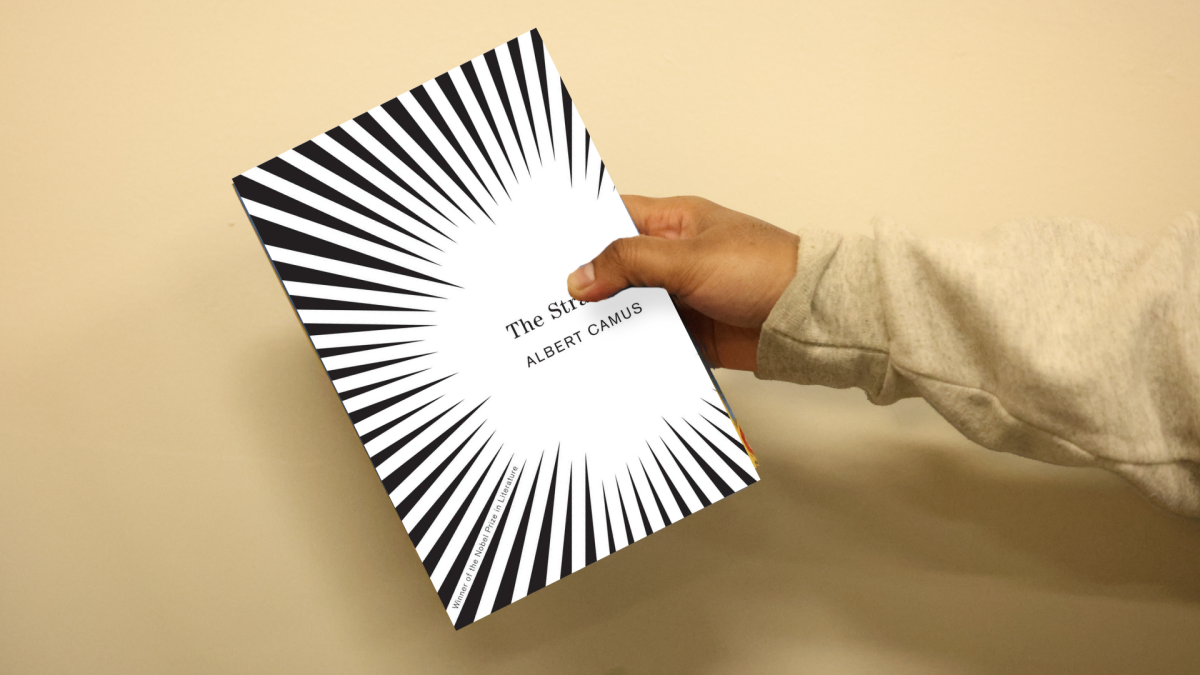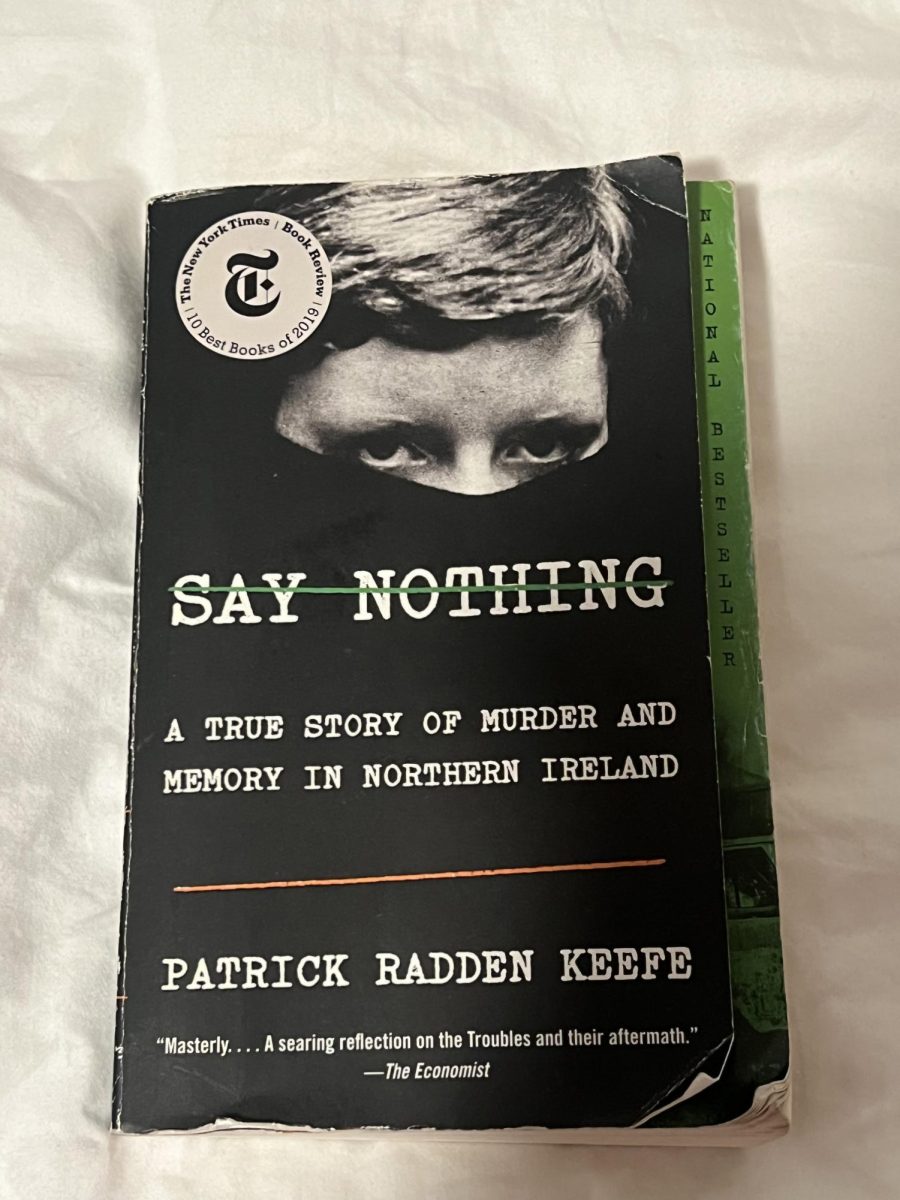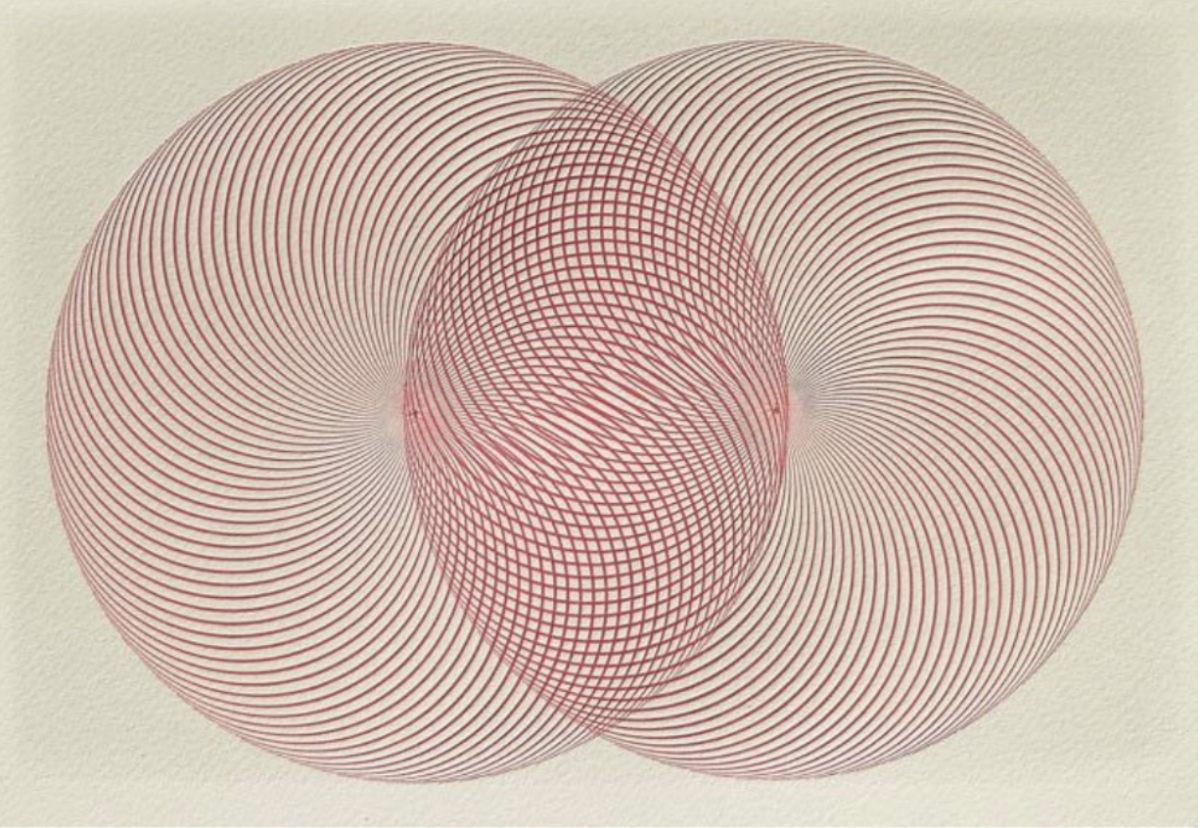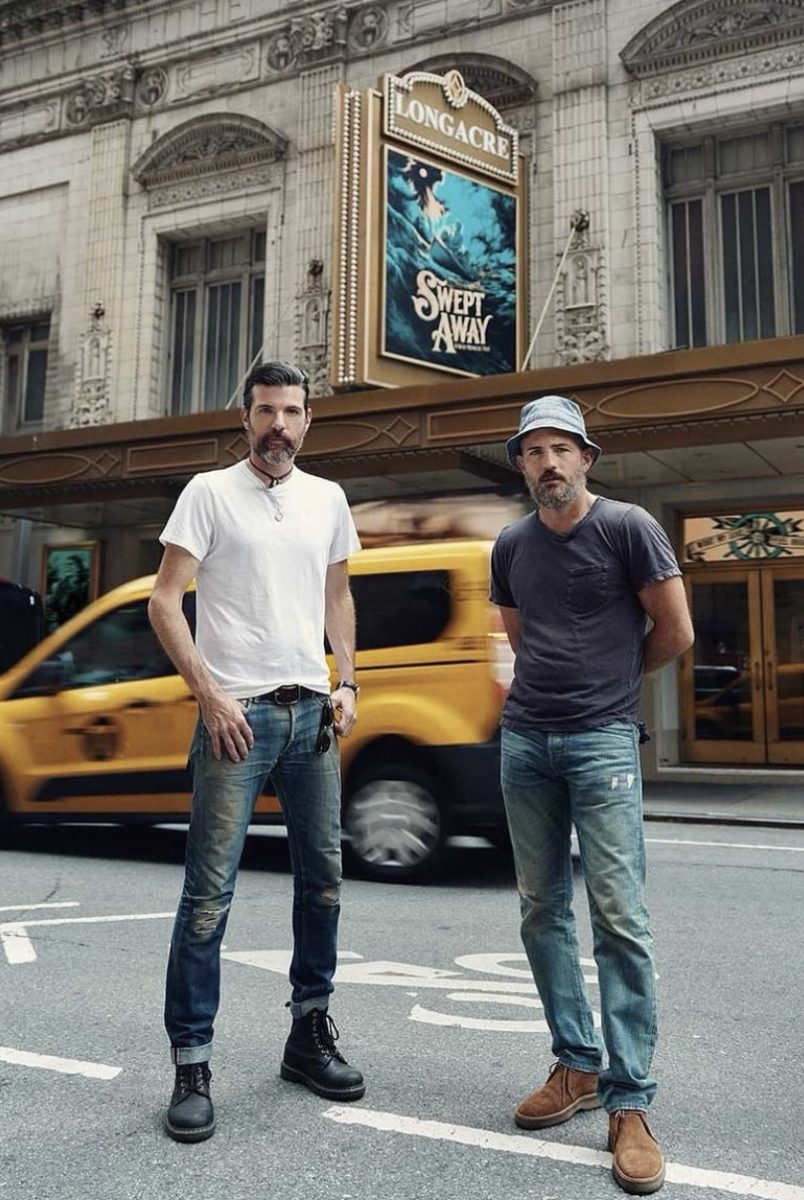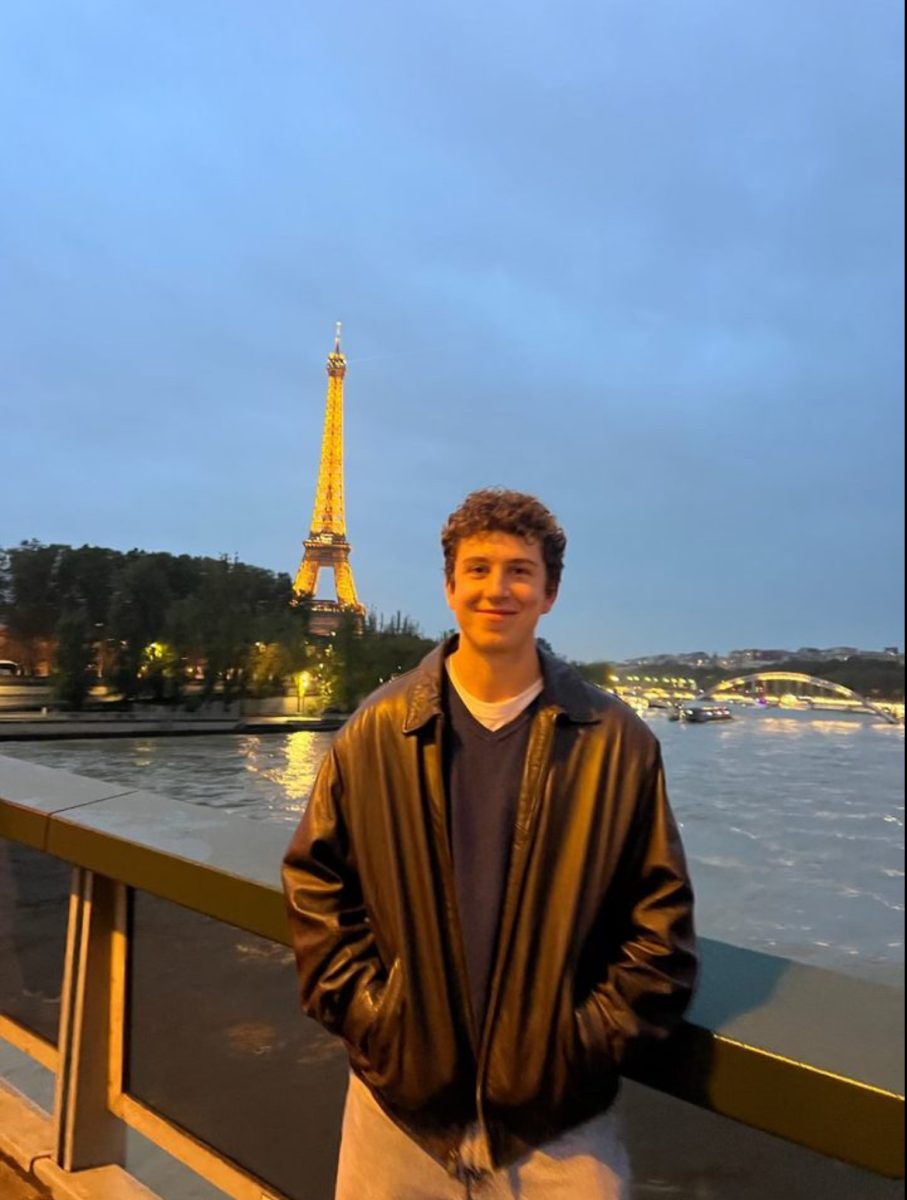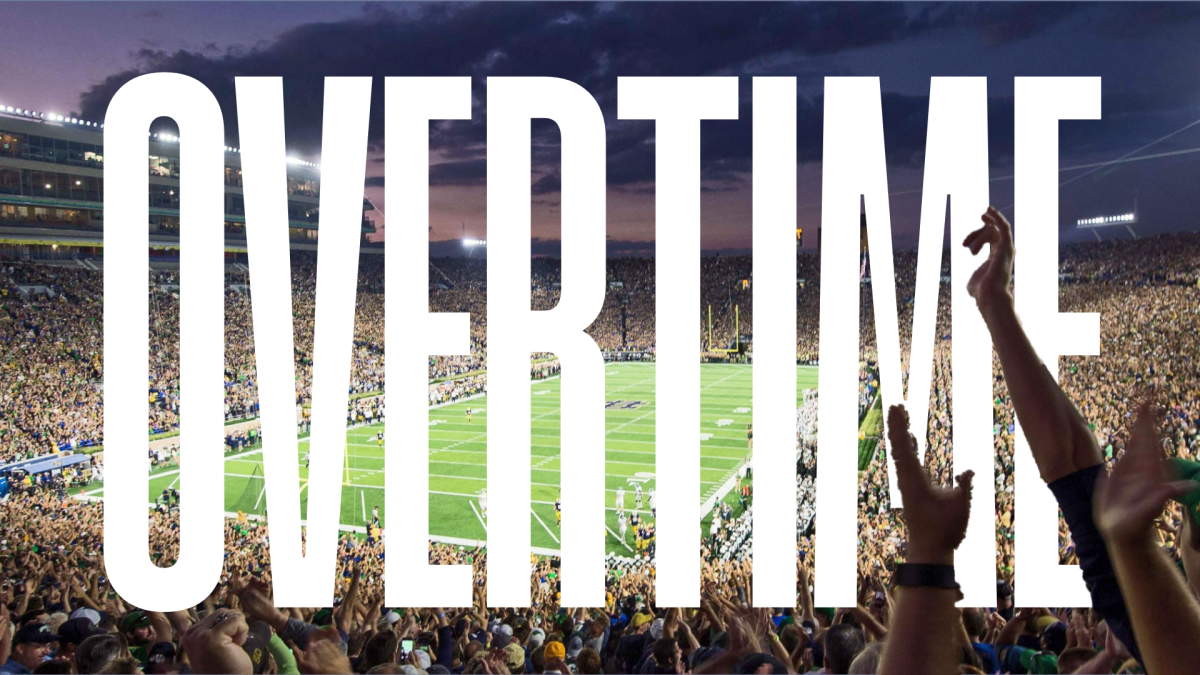By JACK MACGREGOR
ASSISTANT ARTS & ENTERTAINMENT EDITOR
 Coming off the huge success of their 2010 album The Suburbs, Grammy darlings Arcade Fire certainly had a lot of hype to live up to with the release of their long-awaited album Reflektor nearly four years later. As much as it pains me to say it, they have not lived up to the hype. However, what makes this negative proclamation different from others that surround the risky follow-up album (see The Strokes’ Angles, for example) is that it is not so much a statement of pure disappointment as it is an expression of disheartened bafflement.
Coming off the huge success of their 2010 album The Suburbs, Grammy darlings Arcade Fire certainly had a lot of hype to live up to with the release of their long-awaited album Reflektor nearly four years later. As much as it pains me to say it, they have not lived up to the hype. However, what makes this negative proclamation different from others that surround the risky follow-up album (see The Strokes’ Angles, for example) is that it is not so much a statement of pure disappointment as it is an expression of disheartened bafflement.
Leading up to Reflektor’s release, Arcade Fire appeared at their most confident. They launched a mysterious and extremely intriguing viral marketing campaign, which provided information about the album such as its title and release date through the use of street art featuring Haitian veve drawings and some obscure number combinations, which eventually proved to indicate the September 9 release of the eponymous first single. None of this mystique was all that surprising given the band’s love of spectacle and their continual attraction to the island nation where female vocalist Régine Chassagne’s parents were born. One thing was for certain: the move was distinctly Arcade Fire and hinted at great things awaiting their hungry fan base. Gradually, more and more enticing tidbits came out, including the fact that the album was being co-produced by pop-punk-dance legend James Murphy of LCD Soundsystem fame and rock god David Bowie. The stars seemed to align perfectly, and anticipation for Reflektor grew to a fever pitch. Could this be Arcade Fire’s magnum opus, a work so compelling and rich that it would trump the sonically gorgeous Suburbs?
Unfortunately, this is not the case. Arcade Fire released the album several days early as an hour-long YouTube video, with the music set to various scenes from the 1959 film Black Orpheus, which, according to the band, was a huge inspiration for the music of the album. The title track “Reflektor” comes first, a song that will most likely go down as the best of the album; it is a disco-esque ballad about struggles with identity in the modern era, which also features backing vocals by Bowie. From there, the album descends into sonic chaos, a blend of elements of Haitian percussion (heard in “Here Comes the Night Time”) and the buzzing pop of electro-dance (see “Porno”) common to the charts these days. Audacious and rich, the music nevertheless seems somewhat directionless. It languishes in the depths of sonority and attempts to lull the viewer into a trance with its bubbling, diverse sound, but fails to capture the imagination with its ultimately cacophonous nature.
While it is by no means a failure, Reflektor is certainly the most mysterious offering Arcade Fire has ever produced. It was built up as a product of their solidified identity in the zeitgeist, but the end result feels more like a hazy journey down a river of wanderlust, a half-remembered dream from a post-trip sleep. Perhaps this is what Arcade Fire intended from the beginning. Maybe they are confirming their own feelings of loss in an age of overabundant sound. Maybe they have lost it. One thing is for sure: they are far from disinteresting or disinterested, and this album—for whatever it is worth—is a part of the canon that we Arcade Fire fans have grown to love. It is just a stop on the journey, and where and when the next stop will be is as big a mystery as Reflektor itself.


